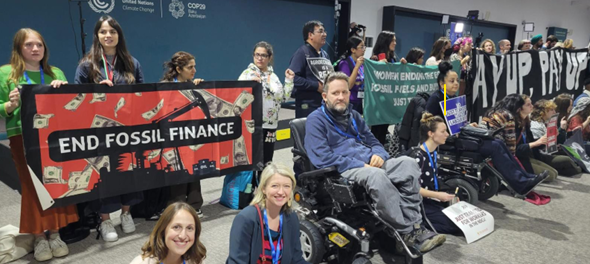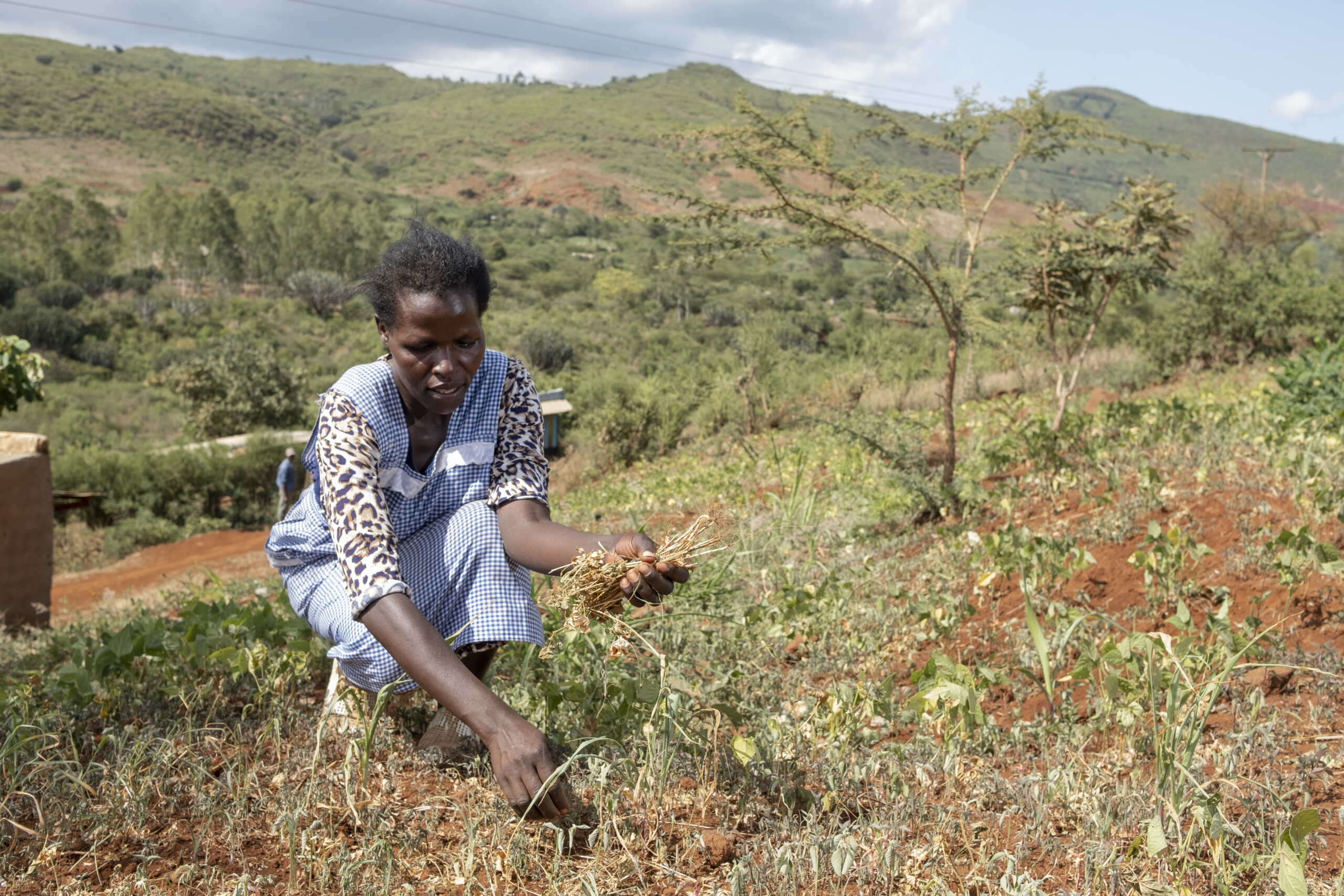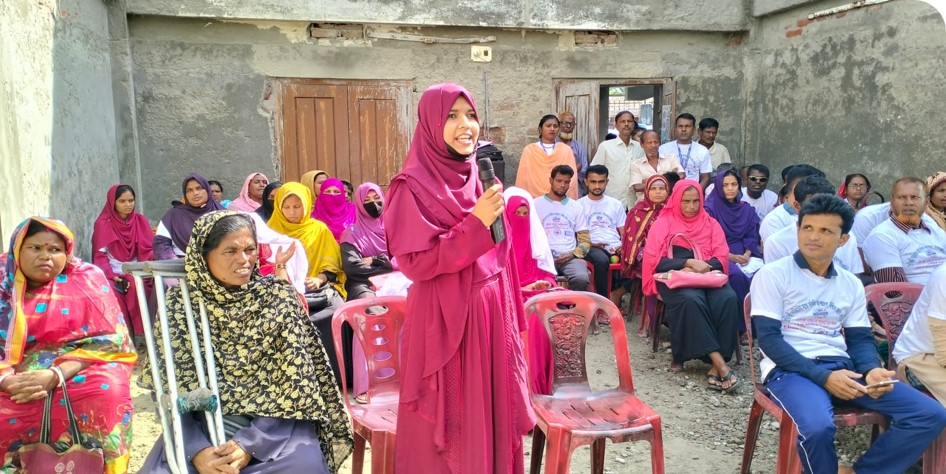Global Report on Assistive Technology launched
News | May 18, 2022
CBM Global is pleased to celebrate the launch of the Global Report on Assistive Technology (GReAT) by the World Health Organization (WHO) and UNICEF.
The GReAT is the first report of its kind, and it:
- Highlights the status of access to assistive technology (AT)
- Draws attention to the need for and benefit of AT, including the return of investment
- Recommends action which will improve access to AT, especially in resource-limited settings
- Supports implementation of the Convention of the Rights of Persons with Disabilities
- Helps ensure Universal Health Coverage is inclusive
Access to assistive technology is a critical component of humanitarian aid as it facilitates the ability of the user to move, see and communicate. Denial of rehabilitation services, including the provision of assistive products, can significantly impact the ability of its users, including persons with disabilities and older persons, to complete their activities of daily living and access humanitarian assistance in a dignified manner. As such, the provision of rehabilitation including assistive products can be an essential prerequisite for persons with functional limitations in all age groups and across gender to access critical aid in a humanitarian context.
CBM Global contributed to the development of the GReAT through the global consultations and also through the rapid Assistive Technology Assessment (rATA) conducted in the Rohingya camps in Bangladesh. Data from the rATA was used to feed into the report and was the only such assessment to be conducted in a humanitarian context.
The rATA survey has demonstrated that clear gaps in access to assistive technology, combined with the lack of accessibility of humanitarian services and the overall inaccessible environment of the Rohingya camps, can create significant barriers for people in need of these products, including persons with disabilities and older persons, to access humanitarian assistance and participate in community life. The majority of respondents indicated a need for new or replacements of assistive products, along with many individuals who have assistive technology reporting that their devices were only moderately useful or suitable for their environment. While nearly half of assistive products were provided by an NGO, a significant number of respondents reported having to pay for products or making their own assistive devices.
Provision of assistive technology in humanitarian contexts may require creative solutions in order to develop products which can be easily sourced, suitable for the environment, and easily maintained in order to get appropriate solutions into the hands of as many people who need it as quickly as possible. Further research to look at providing such solutions to meet the demands for assistive technology in the Rohingya camps is essential in order to develop solutions to address the significant gap in access to appropriate assistive technology.
Emma Pettey, Senior Humanitarian Programme Officer, CBM Global says:
“It has been an exciting journey for us as CBM Global to input into the Global Report on Assistive Technology – through both the global consultations and the conduction of the rapid Assistive Technology Assessment in Bangladesh. The report aims to fill a gap in information regarding access to assistive technology, and we are hopeful that uptake of the report will help to improve much-needed access for persons in need of assistive technology around the world.”
Watch: Emma Pettey, Senior Humanitarian Programme Officer, CBM Global Disability Inclusion talks about the findings of the rapid Assistive Technology Assessment (rATA).
https://cbm-global.org/news/global-report-on-assistive-technology-launched
Related News

One in Five Is Not Enough: The gains on Disability Inclusion have not gone far enough
One in Five Is Not Enough: The gains on...

COP30 Is a Turning Point for Disability-Inclusive Climate Action
As the world gathers in Belém, Brazil, from 10–21 November 2025 for COP30, the message from...

Achieving resilience for all requires funding disability inclusion in DRR
On International Day for Disaster Risk Reduction (DRR) 2025,...
